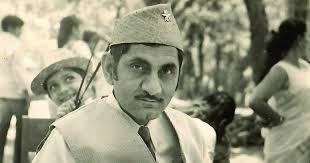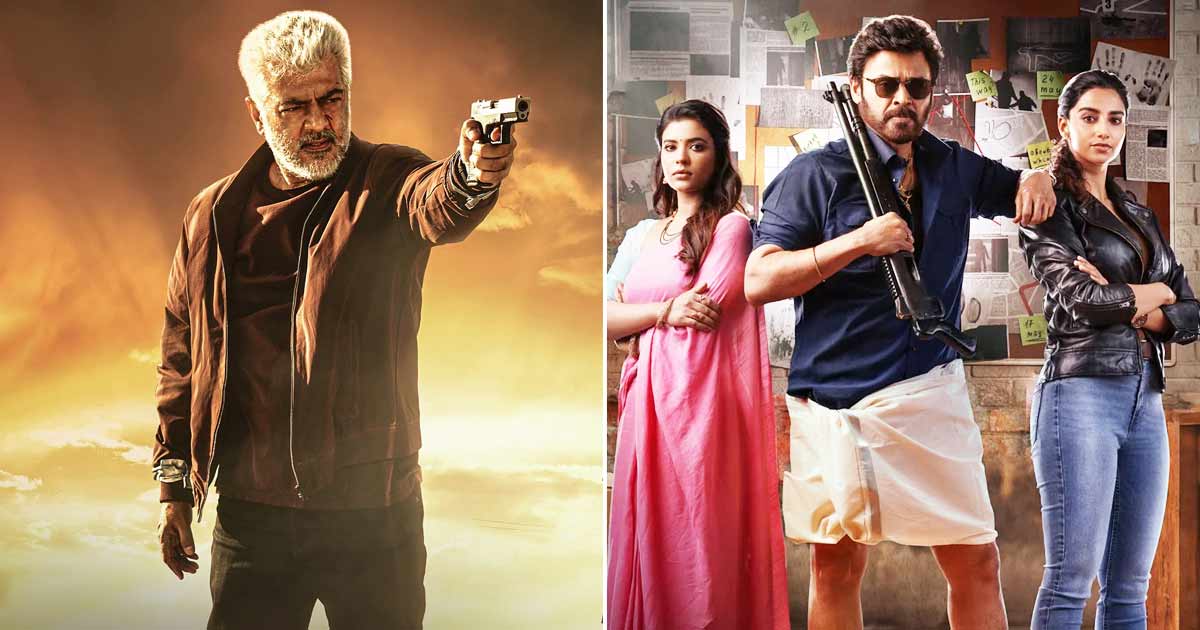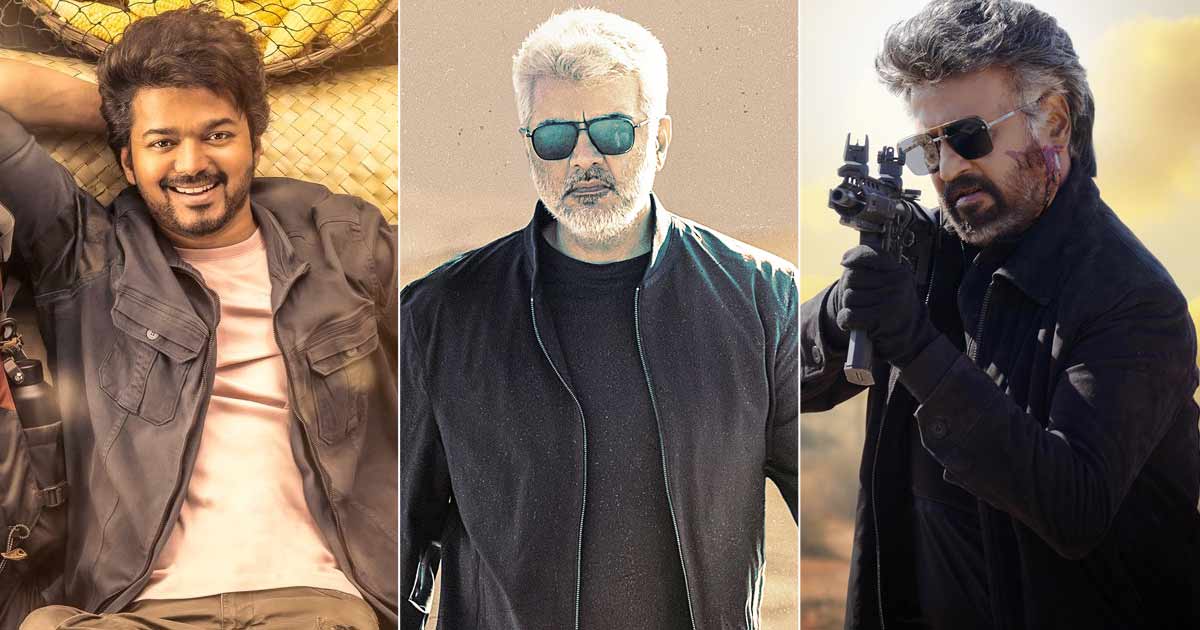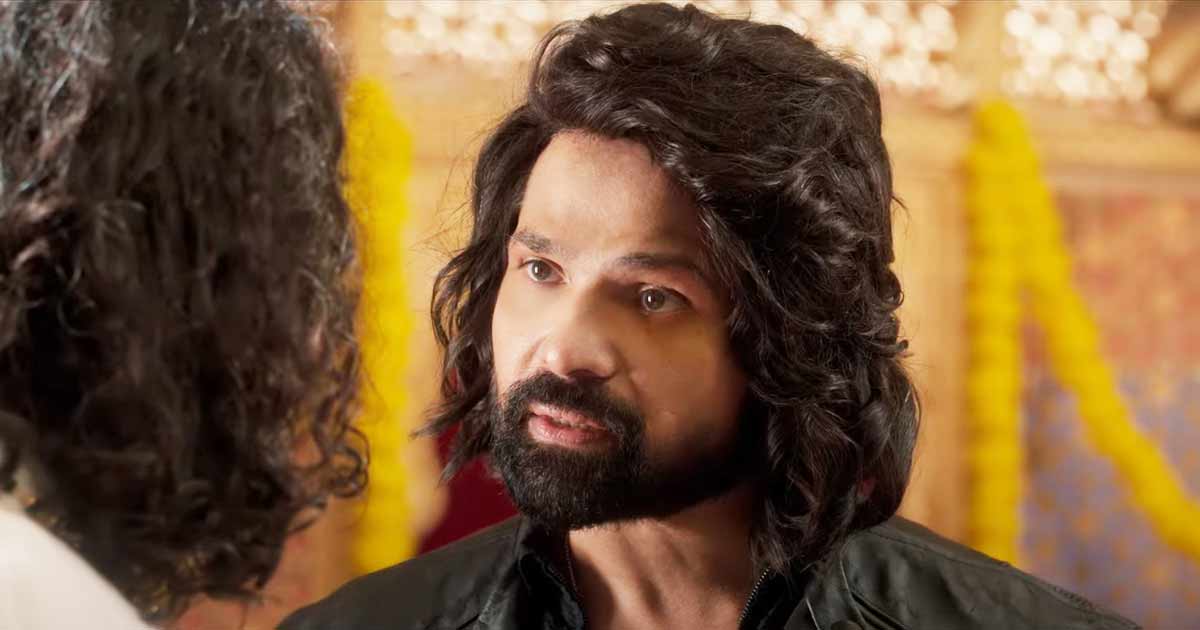
“My father’s biggest virtue was forgiveness” – Rakesh Anand Bakshi on his memories of Anand Bakshi
Anand Bakshi would have turned 93 today. Maybe, it is not correct to speak of the lyricist in the past tense as he continues to live through his songs. Anand Bakshi started his journey as a lyricist in the late ‘50s and continued to write for films till the early 2000s. Author, writer and filmmaker Rakesh Anand Bakshi wrote and published a biography on his illustrious father in 2021.
The book, which was titled ‘Nagme, Kisse, Baatein, Yaadein: The Life: The Life & Lyrics of Anand Bakshi’, was not just picked up by fans of Anand Bakshi but also by those who wished to be introduced to a man who will forever be remembered as one of the most prolific lyricists in Hindi cinema. On his father’s 93rd birth anniversary, Rakesh revisits some of his special memories with him.
Anand Bakshi left behind an ocean of work. Till date, you yourself keep discovering songs written by him. Do you think people his work will continue to be discovered and celebrated by generations to come?
There is a person called Harsh who lives in Nagpur. A couple of years back, he was appearing for his board examination. He is a massive fan of Anand Bakshi and has also written a poem on him. When Harsh was in the seventh grade, he heard the song ‘Dum Maaro Dum’ and after that, he started following Bakshi saab’s work. Some people might feel there is no depth in a song like ‘Dum Maaro Dum’ but Harsh had a different opinion on it. When I asked what made him connect to the song, he said, “sir, there is a line in the song that shocked me. It was ‘duniya ne humko diya kya, duniya se humne liya kya, hum sab ki parwaah kare kyon, sab ne hamaara kiya kya’. It made me realize two things. Before wanting something from the world, we must think whether we have contributed to it in some way. It also makes you feel that why should we care about what people think about us. They are anyways not doing any good to us”.
You spent years on putting together ‘Nagme, Kisse, Baatein, Yaadein: The Life: The Life & Lyrics of Anand Bakshi’. You started writing the book a month after he passed away. Over the years, you wrote 1500 pages. The book finally came out in 2021.
The first draft I wrote had just 150 pages. After that, I wrote around 1400 words in 18 years. I didn’t write the book at one go. Sometimes, I would meet his friends, relatives, colleagues and fans and write down the anecdotes shared by them. It was a long process. After a while, I got a publisher in the form of Penguin. They were about to release the book but the pandemic happened and it got pushed a little bit. During the pandemic, I worked towards putting together a website on Bakshi saab with the help of my niece Shreya Bali.
I wanted to release the book in Hindi as well as a large number of Bakshi saab’s fans were those who spoke and read in Hindi. I got in touch with Yunus Khan, a noted poet, columnist and radio personality. He translated the book in Hindi. I wanted to make the Hindi version of the book accessible to everybody, so we put it up on his website for free. Later, the Hindi version was published in physical format as well. Bakshi saab made all the money he could earn through his songs. Now, his story deserved to reach out to people who could not afford an expensive book.
Since you were writing a book on your father after he was longer with you, did it become an emotionally exhausting process at some point?
When you do something you love, you don’t feel exhausted. When I went to film school, I made short films and each of those films was dedicated to a family member. This happened because of a conversation I had with Santosh Sivan. He told me that he dedicates every film he makes to his mother. He said that filmmaking is a lot of hard work. So, when you dedicate your film to a loved one, you feel a sense of responsibility towards it. That sense of responsibility gives you the strength you need to make a film. There were times when I was rude to my father. I always feel that I could have been more helpful to him. I was dealing with my failure in business and marriage and had become bitter because of that. I have realized that failure is that one thing that gives you a lot of strength. This is because you don’t want to go through that feeling again. It gives you the motivation to work harder and do better.
Your favourite Anand Bakshi song is ‘Gaadi Bula Rahi Hai’ from the film ‘Dost’. Which is your favourite album written by him?
That’s a tough question! He has done so many films and such great albums that it is difficult to pick just one. I keep revisiting the songs of ‘Amar Akbar Anthony’, ‘Dilwale Dulhaniya Le Jaayenge’, ‘Julie’, ‘Sargam’, ‘Ek Duje Ke Liye’, ‘Amar Prem’ and ‘Kati Patang’.
One of the things that stands out about Anand Bakshi is that he adapted to the changing times.
He didn’t adapt. That’s an incorrect thing to say. Bakshi saab used to say, “story sun ke mera dimaag chalta hai”. He would start working on a film only after getting a good idea about its story. Over the years, the stories changed and so did he. He would use the story of the film as the first point of inspiration while writing the songs.
Did he ever consider writing a book or releasing a compilation of his poems?
In his younger days, he wrote a lot of poems that were published in magazines. I have selected 150 poems written by him that will soon be released in the form of a book by Penguin. Bismil Sayeedi was his first guru. The book will be dedicated to him.
As a father, which was his most inspiring quality?
My father’s biggest virtue was forgiveness. He forgave all my mistakes, rudeness, stupidity and immature behaviour towards him, my mother and my siblings. Forgiveness should be the biggest quality of any human being.
While talking about forgiveness, this particular incident comes to my mind. I was in Goa attending an event when a student asked me, “Sir, you have interviewed Ashutosh Gowariker for your book. He has given one flop after another in the last few years. How does he, then, keeps getting the opportunities to make films?”. I told her that this is the best question I have ever come across. From childhood, we are taught certain important virtues. We are told that forgiveness is a virtue but nobody tells you that you should love and forgive yourself. Ashutosh Gowariker forgives himself for every mistake or unsuccessful film he makes and moves on to the next project.
Anand Bakshi sang for a couple of films as well. Did he ever regret the fact that he didn’t get enough opportunities as a singer?
His goal was always to become a lyricist or songwriter. He did like to sing but he never had any intention of making a career out of it. He did look for work as a singer in his initial days in Mumbai so that he could earn some money. When he met S. D. Burman, he told him, “If you have come to write, I will give you a chance. If you want to sing, you should know that I am not looking for a new singer. Don’t be confused about what you want to do in life.” He was actually never confused. He knew his strengths. Singing was a passion that made him discover his love for writing songs.
Do you plan to write another book on him someday?
If I do a second book on him, it can’t be a biography as that we already have done. It would be interesting to know about somebody else’s perspective on his work.
Publisher: Source link



